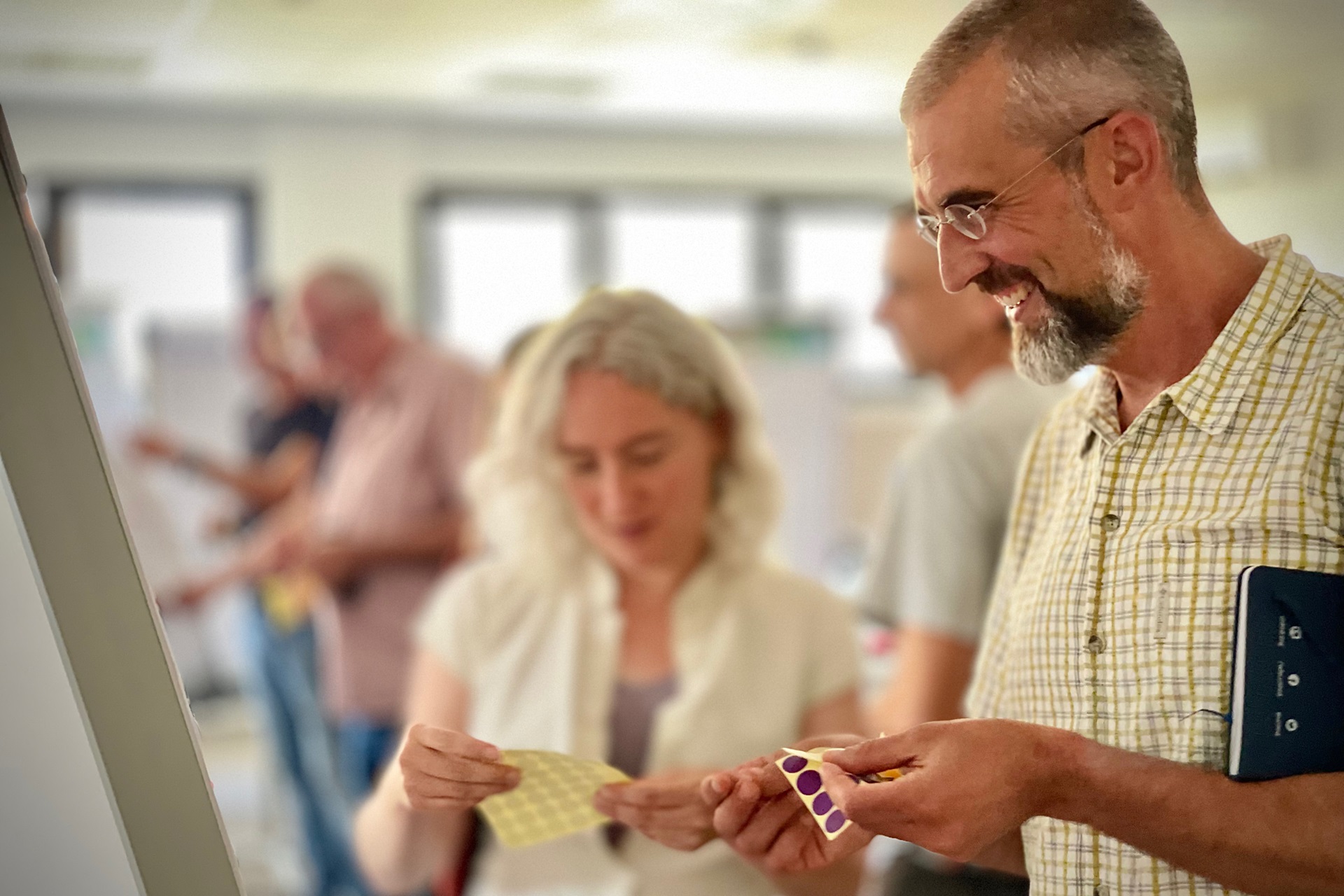
INITIATE²
In June 2021, the World Food Programme (WFP) and WHO launched INITIATE², a 5-year initiative which brings together emergency response actors, as well as research and academic institutions, to develop innovative and standardized solutions and the related training in support of readiness and response capabilities in health emergencies.
These solutions will include medical facilities, temporary medical installations, laboratory and disease-specific facilities and other innovative products to support readiness and response capabilities in health emergencies involving infectious diseases.
INITIATE² is co-managed by WFP and WHO and hosted by the United Nations Humanitarian Response Depot (UNHRD) in Brindisi. The latter has been serving as a logistics and simulation hub for WFP and its partners, and which has been developing and testing innovative emergency response products in its laboratories over the past years.
INITIATE² is based on two interconnected workstreams: technical innovation, for the design and development of standardized technical solutions; and training and simulation, for the development of standardized procedures and response capacity.
As the convenors of the initiative, WFP and WHO have developed the project governance structures, methodologies and the project plan and engaged key partners.
Virtual and in-person sessions were organized to determine partner engagement and assess the first solution to be prioritized, which will be an infectious disease treatment centre.
Progress update
The INITIATE Core Team has been working to finalise the Infectious Disease Treatment Module and the first prototype will soon be delivered to UNHRD Brindisi where it will be tested in a drill exercise.
On 12-16 June, the Core Team, and the rest of the INITATE partners, will test the structure through logistics and medical scenarios.
An innovation exhibition will follow on 17 June. This will be an opportunity for partners to showcase innovations they have been working on and which they want to bring to the attention of INITIATE members for their information and use, or to bring forward as the possible next INITIATE project.


